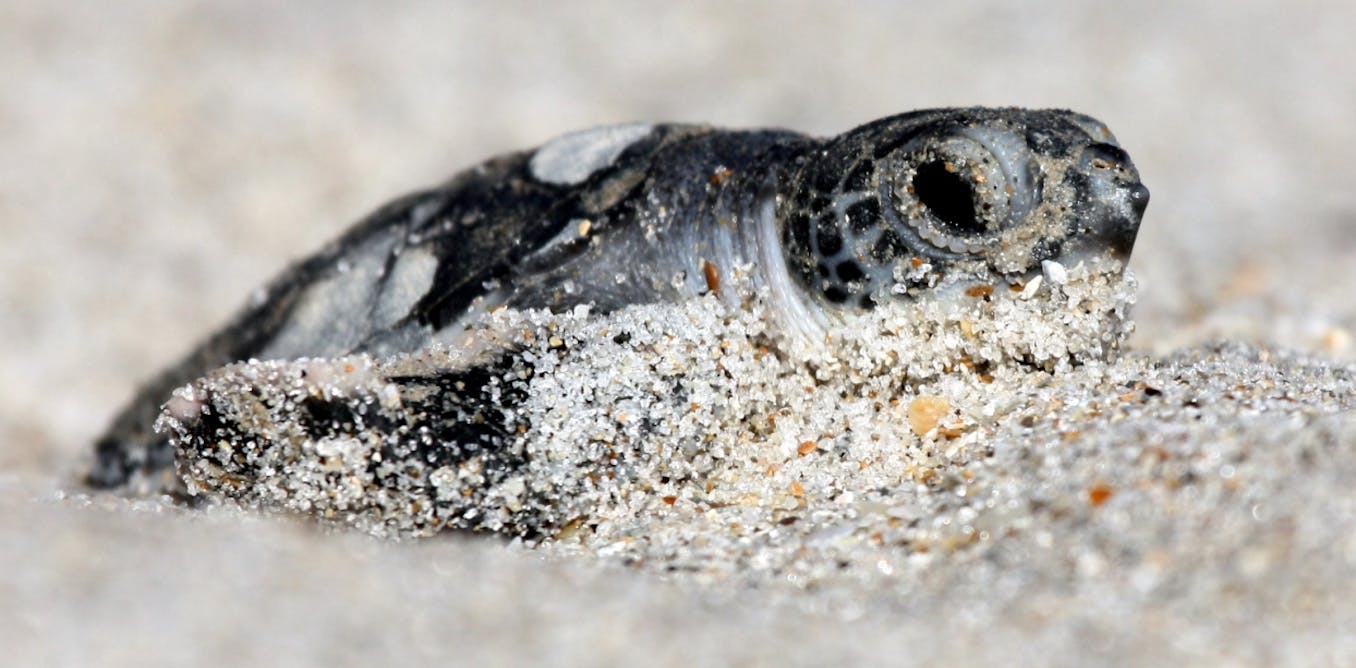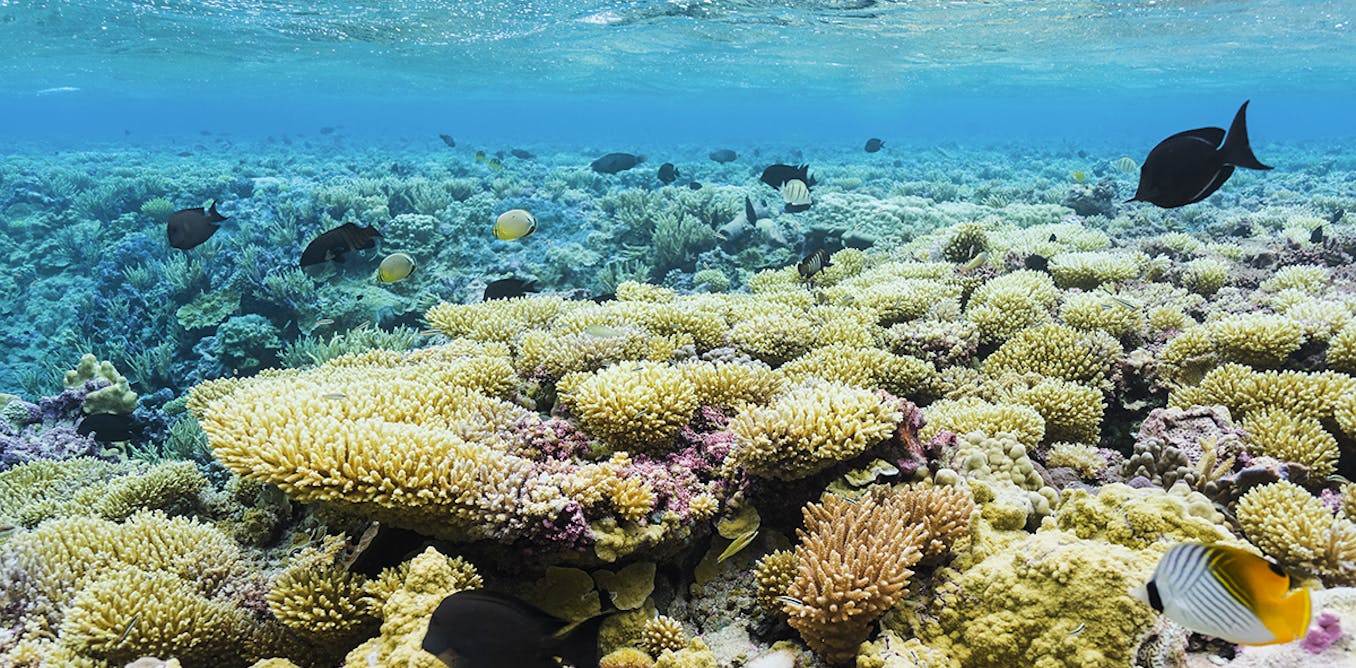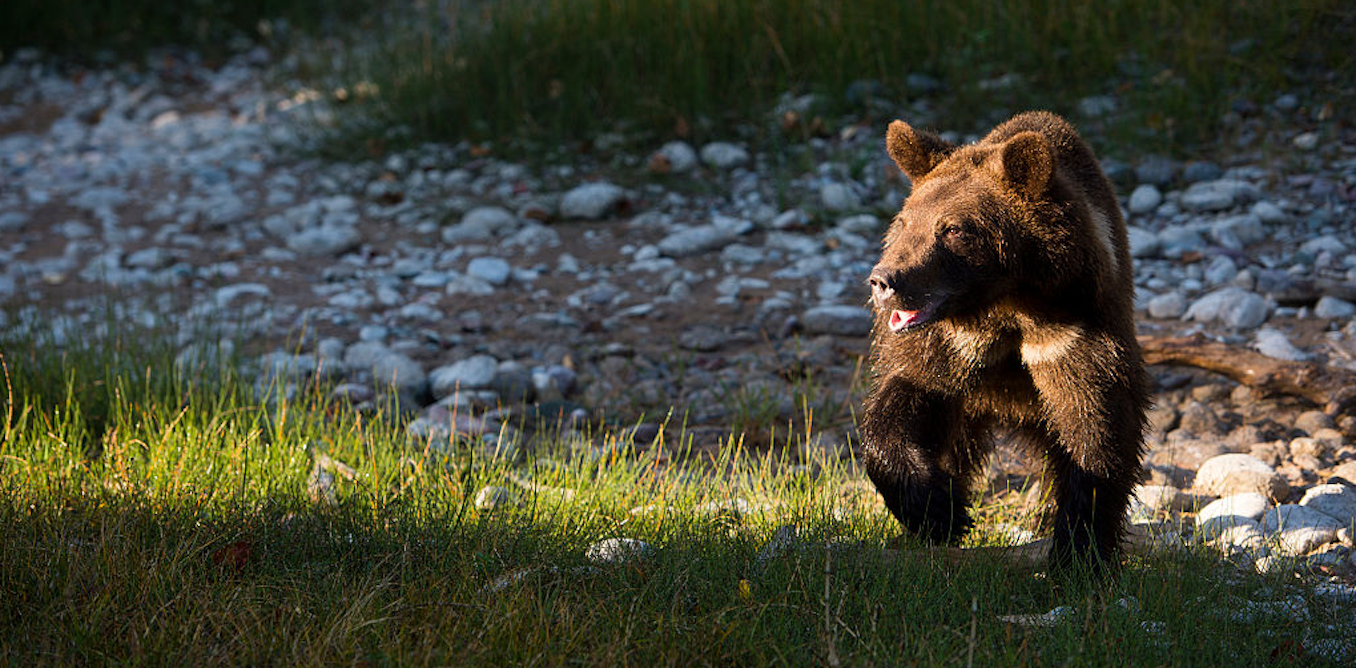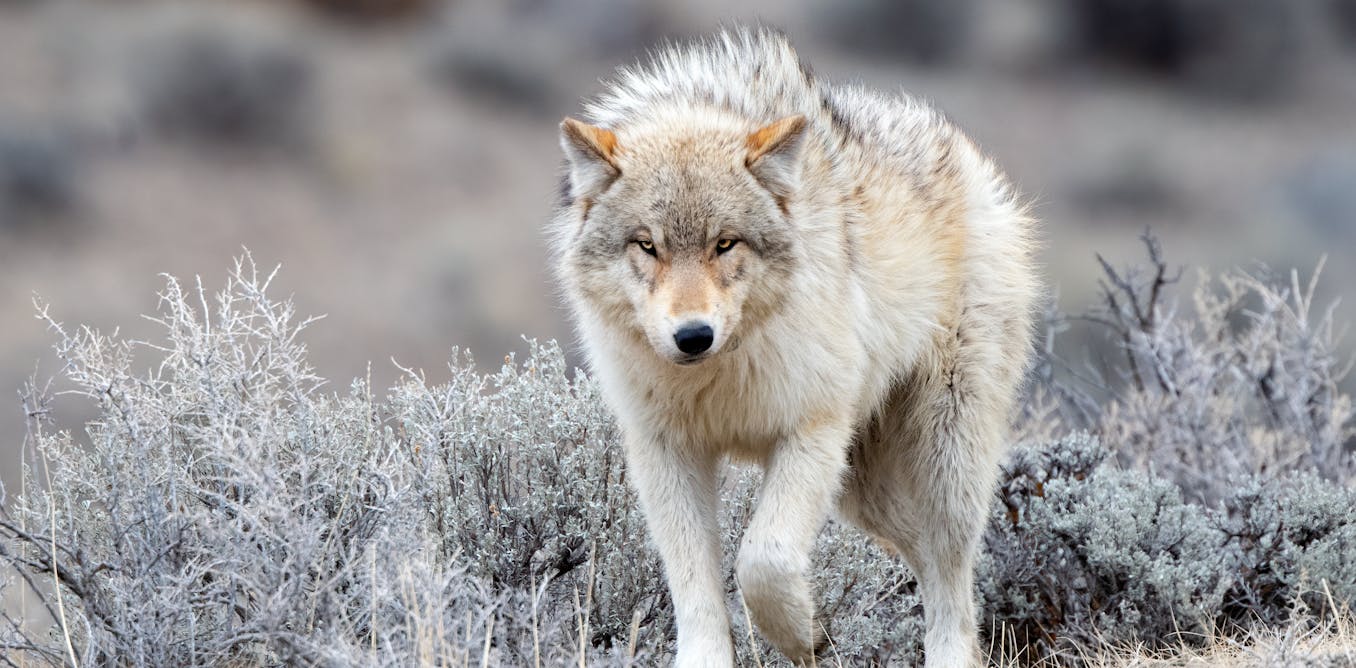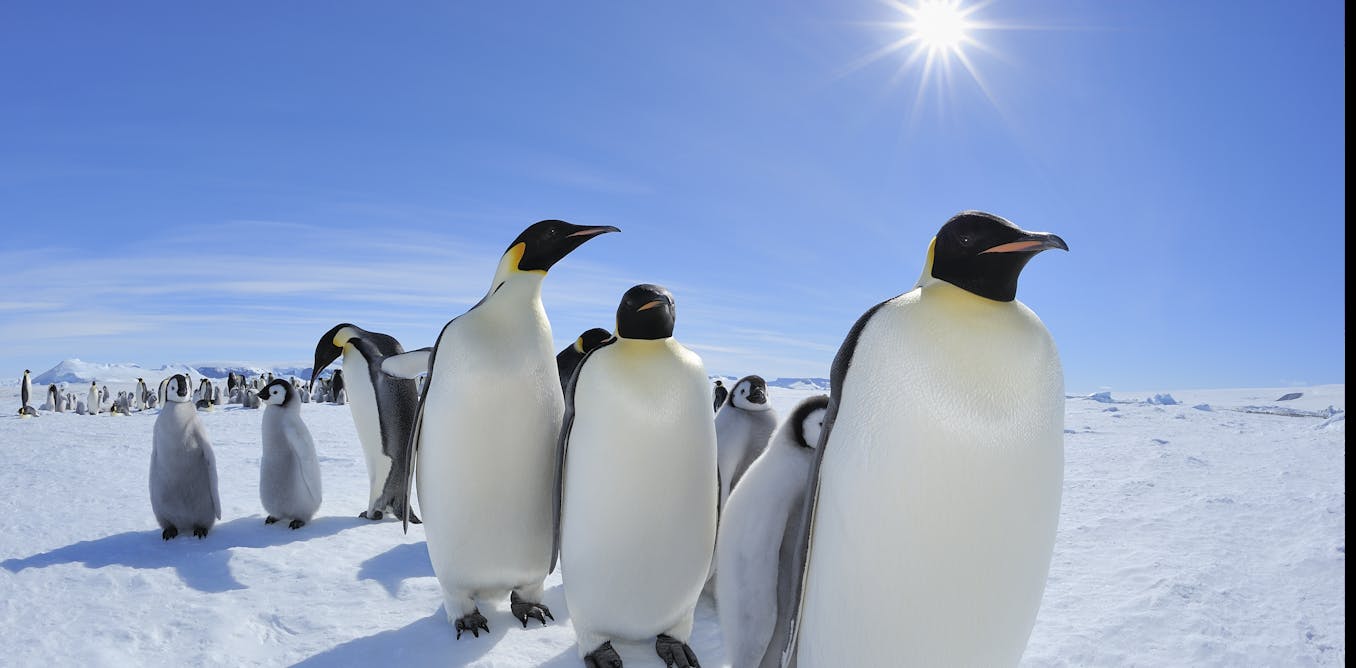How redefining just one word could strip the Endangered Species Act’s ability to protect vital habitat
The public has until May 19 to weigh in on a Trump administration plan that would leave many endangered species at much greater risk.
May 13, 2025 • ~9 min

